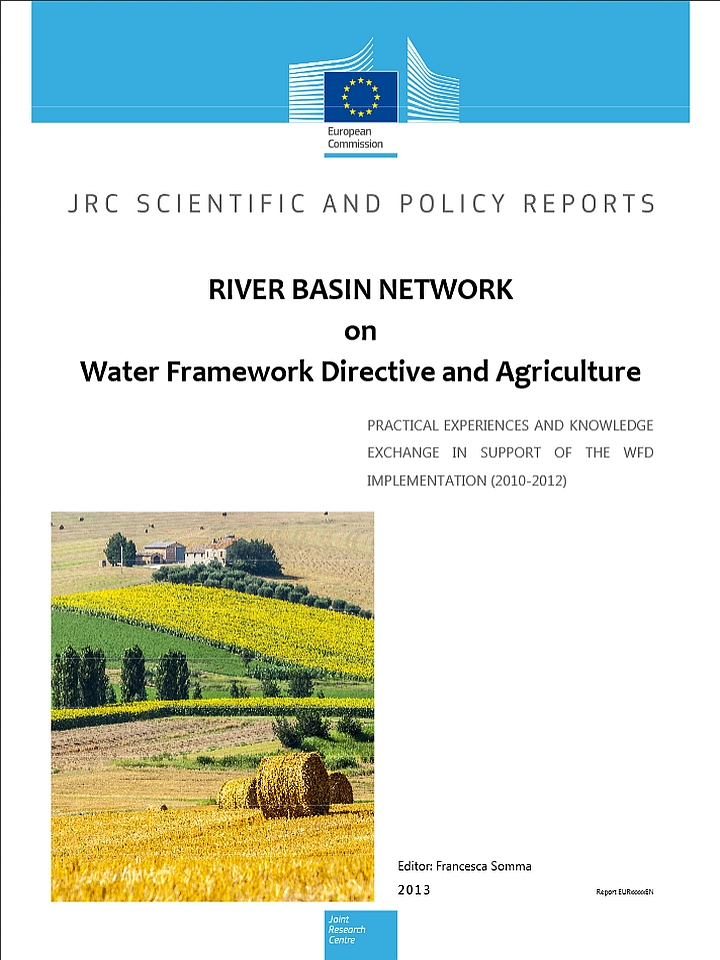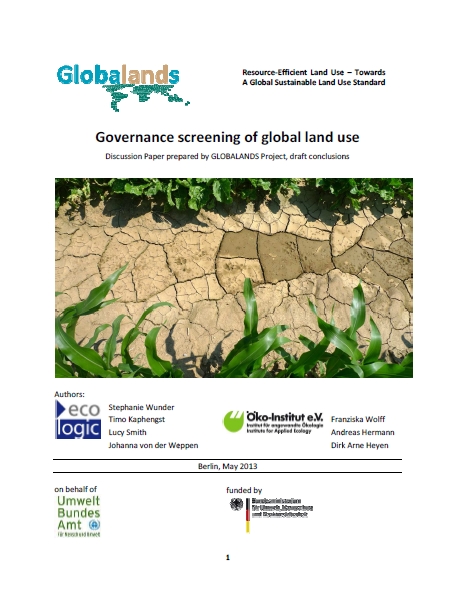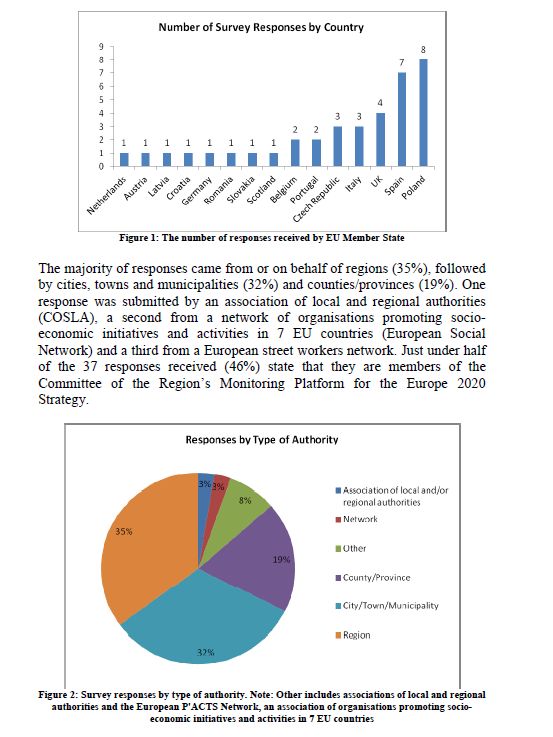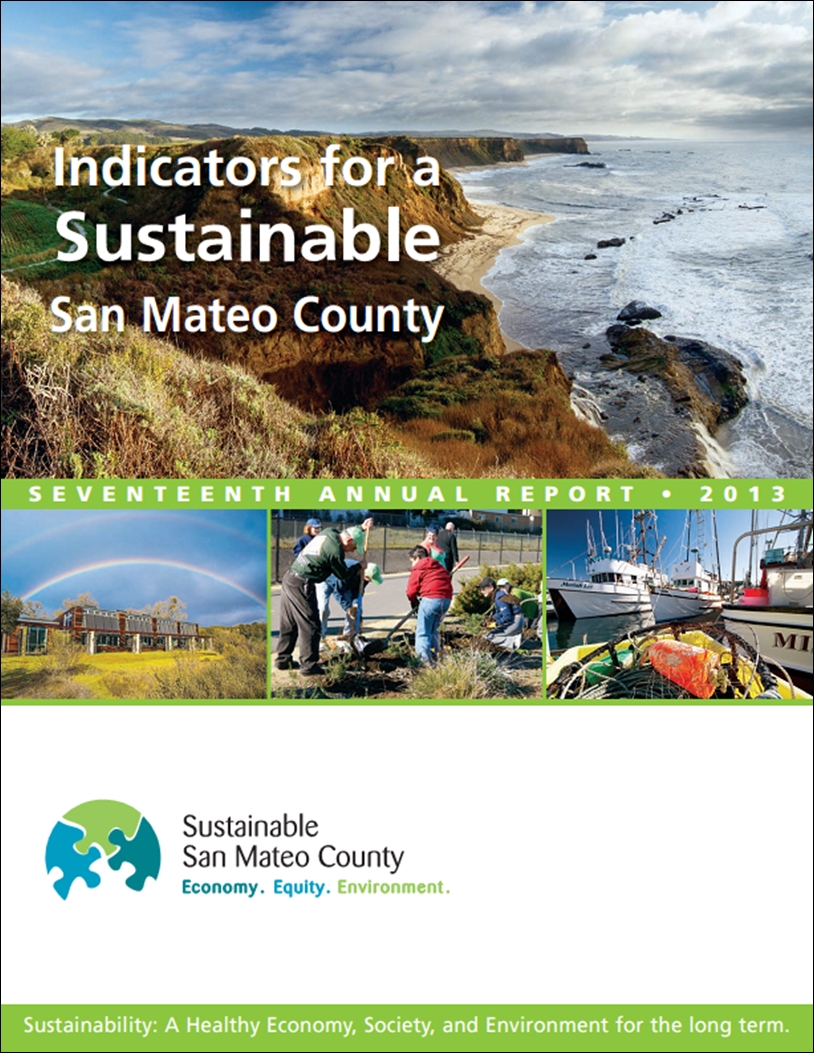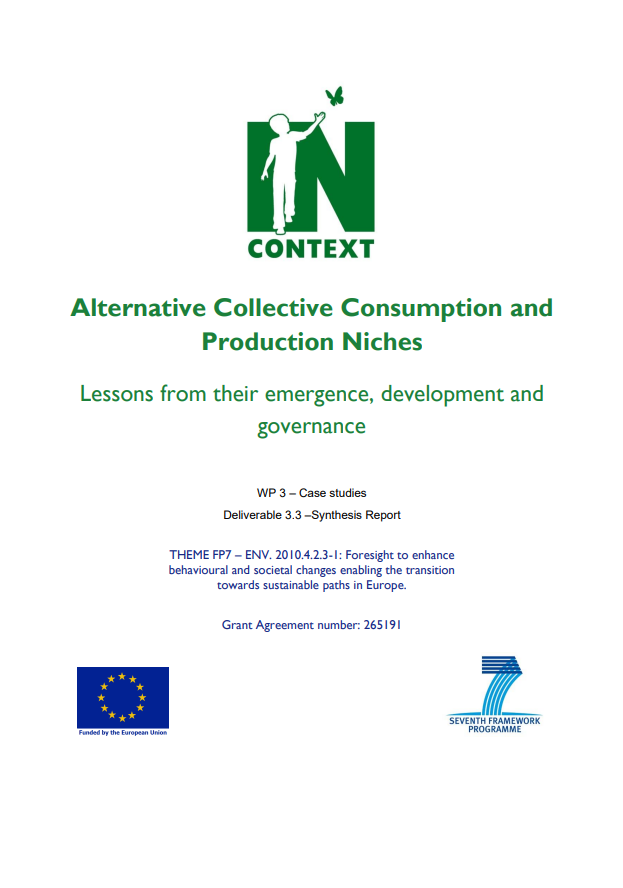Publication:Report
Information Collection and Impact Assessment of Possible Requirements for Environmental Inspections
in the area of EU legislation on water, nature protection and trade in certain environmentally sensitive goods
Year
Read more




